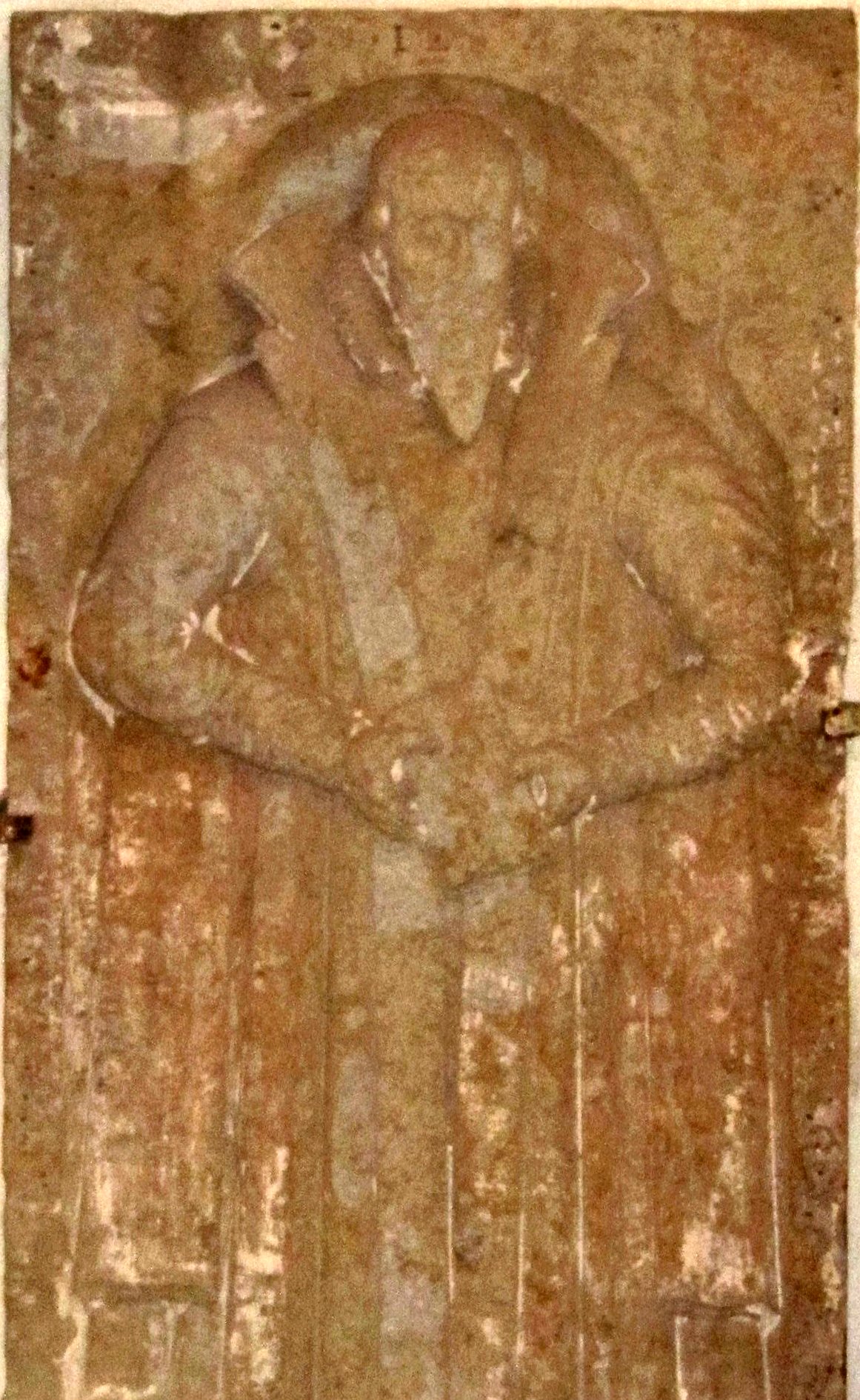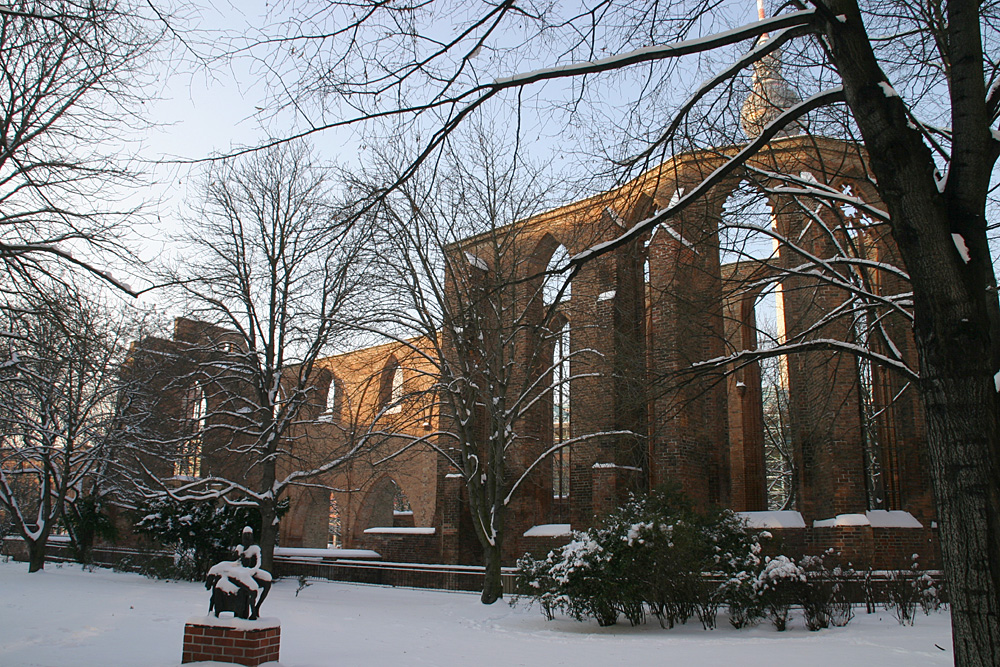|
Andreas Angelus
Andreas Angelus (German name ''Andreas Engel'', 16 November 1561 – 9 August 1598) was a German clergyman, teacher and government inspector, known for his chronicles of the history of the Margraviate of Brandenburg. Biography Engel was born in Strausberg, Germany, the son of Gregorius Engel, a member of the town council. At the early age of 12 he was admitted to the Alma Mater Viadrina, the university of Frankfurt an der Oder (now the Viadrina European University). His family died in 1575 of the plague, after which he left Brandenburg; he is recorded in 1577 as a pupil of the Marienstiftsgymnasium in Stettin. Later he lived for some time in Holstein where he wrote a chronicle of Holstein. From about 1580 he can be traced once again in Brandenburg, in various educational posts: conrector and cantor in Strausberg from 1582; rector in Strausberg 1584-1586; conrector in the ''Neustadt'' of Brandenburg an der Havel 1586-87; also as a teacher in the Franciscans' school in Berlin ... [...More Info...] [...Related Items...] OR: [Wikipedia] [Google] [Baidu] |
Epitaph Andreas Angelus Strausberg
An epitaph (; ) is a short text honoring a deceased person. Strictly speaking, it refers to text that is inscribed on a tombstone or plaque, but it may also be used in a figurative sense. Some epitaphs are specified by the person themselves before their death, while others are chosen by those responsible for the burial. An epitaph may be written in prose or in poem verse. Most epitaphs are brief records of the family, and perhaps the career, of the deceased, often with a common expression of love or respect—for example, "beloved father of ..."—but others are more ambitious. From the Renaissance to the 19th century in Western culture, epitaphs for notable people became increasingly lengthy and pompous descriptions of their family origins, career, virtues and immediate family, often in Latin. Notably, the Laudatio Turiae, the longest known Ancient Roman epitaph, exceeds almost all of these at 180 lines; it celebrates the virtues of an honored wife (sometimes identified, but ... [...More Info...] [...Related Items...] OR: [Wikipedia] [Google] [Baidu] |
Chroniclers From The Holy Roman Empire
A chronicle (, from Greek ''chroniká'', from , ''chrónos'' – "time") is a historical account of events arranged in chronological order, as in a timeline. Typically, equal weight is given for historically important events and local events, the purpose being the recording of events that occurred, seen from the perspective of the chronicler. A chronicle which traces world history is a universal chronicle. This is in contrast to a narrative or history, in which an author chooses events to interpret and analyze and excludes those the author does not consider important or relevant. The information sources for chronicles vary. Some are written from the chronicler's direct knowledge, others from witnesses or participants in events, still others are accounts passed down from generation to generation by oral tradition.Elisabeth M. C. Van Houts, ''Memory and Gender in Medieval Europe: 900–1200'' (Toronto; Buffalo: University of Toronto Press, 1999), pp. 19–20. Some used written ... [...More Info...] [...Related Items...] OR: [Wikipedia] [Google] [Baidu] |
16th-century German Male Writers
The 16th century began with the Julian year 1501 (represented by the Roman numerals MDI) and ended with either the Julian or the Gregorian year 1600 (MDC), depending on the reckoning used (the Gregorian calendar introduced a lapse of 10 days in October 1582). The Renaissance in Italy and Europe saw the emergence of important artists, authors and scientists, and led to the foundation of important subjects which include accounting and political science. Copernicus proposed the heliocentric universe, which was met with strong resistance, and Tycho Brahe refuted the theory of celestial spheres through observational measurement of the 1572 appearance of a Milky Way supernova. These events directly challenged the long-held notion of an immutable universe supported by Ptolemy and Aristotle, and led to major revolutions in astronomy and science. Galileo Galilei became a champion of the new sciences, invented the first thermometer and made substantial contributions in the fields of ... [...More Info...] [...Related Items...] OR: [Wikipedia] [Google] [Baidu] |
People From The Margraviate Of Brandenburg
The term "the people" refers to the public or common mass of people of a polity. As such it is a concept of human rights law, international law as well as constitutional law, particularly used for claims of popular sovereignty. In contrast, a people is any plurality of persons considered as a whole. Used in politics and law, the term "a people" refers to the collective or community of an ethnic group or nation. Concepts Legal Chapter One, Article One of the Charter of the United Nations states that "peoples" have the right to self-determination. Though the mere status as peoples and the right to self-determination, as for example in the case of Indigenous peoples (''peoples'', as in all groups of indigenous people, not merely all indigenous persons as in ''indigenous people''), does not automatically provide for independent sovereignty and therefore secession. Indeed, judge Ivor Jennings identified the inherent problems in the right of "peoples" to self-determination, as i ... [...More Info...] [...Related Items...] OR: [Wikipedia] [Google] [Baidu] |
1598 Deaths
Events January–March * January 8 – In Berlin, Joachim Frederick, Elector of Brandenburg, Joachim Frederich of the House of Hohenzollern becomes the new List of rulers of Brandenburg, Elector of Brandenburg upon the death of his father, John George, Elector of Brandenburg, Johann Georg von Brandenburg. * January 17 – The List of Russian monarchs, Tsar of the Russian Empire, Feodor I of Russia, Feodor I, dies of a sudden illness at the age of 40, leaving no children and bringing an end to the Rurikids, Rurik dynasty. His widow, Irina Godunova, takes action to secure the throne but her rule lasts for only nine days. * January 26 – After receiving no support from the Russian nobles, the Tsaritsa Irina Godunova abandons her brief rule as autocrat of Russia, and abdicates in favor of her older brother, Boris Godunov. * January 29 – In what is now South Korea, a force of 50,000 troops of the Korean kingdom of Joseon and Chinese Ming dynasty troops begins the siege o ... [...More Info...] [...Related Items...] OR: [Wikipedia] [Google] [Baidu] |
1561 Births
Year 1561 ( MDLXI) was a common year starting on Wednesday of the Julian calendar. Events January–March * January 4 – Paolo Battista Giudice Calvi is elected as the new Doge of the Republic of Genoa, but serves for only eight months before dying in September. * January 31 **The Ordinance of Orléans suspends the persecution of the Protestant Huguenots in Kingdom of France. **Mughal Empire General Bairam Khan is assassinated by an Afghan warrior, Mubarak Khan Lohani, while traveling through Gujarat in India. * February 13 – Queen Elizabeth of England summons the Ambassador from Spain, Álvaro de la Quadra, for a private audience to ask how the Spanish government would react if she were to marry Robert Dudley, 1st Earl of Leicester, who had recently lost his wife Amy Robsart in a questionable accident. * March 23 – Lope de Aguirre, a Basque Spanish conquistador, begins a rebellion against the Spanish Crown in an attempt to take over most of Sp ... [...More Info...] [...Related Items...] OR: [Wikipedia] [Google] [Baidu] |
German Protestant Clergy
German(s) may refer to: * Germany, the country of the Germans and German things **Germania (Roman era) * Germans, citizens of Germany, people of German ancestry, or native speakers of the German language ** For citizenship in Germany, see also German nationality law **Germanic peoples (Roman era) * German diaspora * German language * German cuisine, traditional foods of Germany People * German (given name) * German (surname) * Germán, a Spanish name Places * German (parish), Isle of Man * German, Albania, or Gërmej * German, Bulgaria * German, Iran * German, North Macedonia * German, New York, U.S. * Agios Germanos, Greece Other uses * German (mythology), a South Slavic mythological being * Germans (band), a Canadian rock band * "German" (song), a 2019 song by No Money Enterprise * ''The German'', a 2008 short film * "The Germans", an episode of ''Fawlty Towers'' * ''The German'', a nickname for Congolese rebel André Kisase Ngandu See also * Germanic (disambi ... [...More Info...] [...Related Items...] OR: [Wikipedia] [Google] [Baidu] |
Provost (religion)
A provost is a senior official in a number of Christian denomination, Christian churches. Historical development The word (Latin for 'set over', from , 'to place in front') was originally applied to any ecclesiastical ruler or dignitary. It was soon more specifically applied to the immediate subordinate to the abbot of a monastery, or to the superior of a single Monk, cell, and it was defined as such in the Rule of St Benedict. The dean (Christianity), dean () was a similarly ranked official. Chrodegang of Metz adopted this usage from the Benedictines when he introduced the monastic organization of College (canon law), canon-law colleges, especially cathedral chapter, cathedral capitular colleges. The provostship () was normally held by the archdeacon, while the office of dean was held by the archpriest. In many colleges, the temporal duties of the archdeacons made it impossible for them to fulfil those of the provostship, and the headship of the chapter thus fell to the dean. ... [...More Info...] [...Related Items...] OR: [Wikipedia] [Google] [Baidu] |
Margraviate Of Brandenburg
The Margraviate of Brandenburg () was a major principality of the Holy Roman Empire from 1157 to 1806 that, having electoral status although being quite poor, grew rapidly in importance after inheriting the Duchy of Prussia in 1618 and then came to play a pivotal role in the history of Germany and that of Central Europe as core of the Kingdom of Prussia, Prussian kingdom. Brandenburg developed out of the Northern March founded in the territory of the Slavic peoples, Slavic Wends. It derived one of its names from this inheritance, the March of Brandenburg (). Its ruling margraves were established as prestigious prince-electors in the Golden Bull of 1356, allowing them to vote in the election of the Holy Roman Emperor. The state thus became additionally known as Electoral Brandenburg or the Electorate of Brandenburg ( or ). The House of Hohenzollern came to the throne of Brandenburg in 1415. In 1417, Frederick I, Elector of Brandenburg, Frederick I moved its capital from Brandenbu ... [...More Info...] [...Related Items...] OR: [Wikipedia] [Google] [Baidu] |
Berlinisches Gymnasium Zum Grauen Kloster
The Evangelisches Gymnasium zum Grauen Kloster, located in suburban Schmargendorf, Berlin, is an independent school with a humanistic profile, known as one of the most prestigious schools in Germany. Founded by the Evangelical Church in West Berlin in 1949 as the Evangelisches Gymnasium, it continues the traditions of the ancient Berlinisches Gymnasium zum Grauen Kloster, the oldest Gymnasium in Berlin, which for hundreds of years was situated in former monastery buildings in the city's Mitte district, closed by the East Germans in 1958. In 1963 the Evangelisches Gymnasium of West Berlin adopted its traditions and added "zum Grauen Kloster" to its name. Curriculum The Evangelisches Gymnasium zum Grauen Kloster is one of the last schools in Berlin offering the entire range of classical education with Latin and Ancient Greek as compulsory subjects. The students learn foreign languages in this order: English (year 5), Latin (year 5), Ancient Greek (year 8), French (year 9 opti ... [...More Info...] [...Related Items...] OR: [Wikipedia] [Google] [Baidu] |






